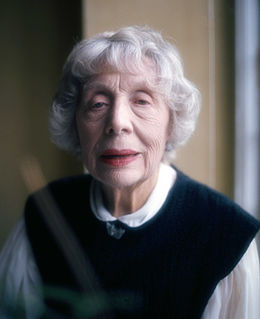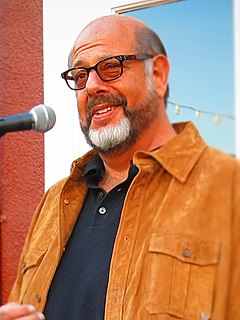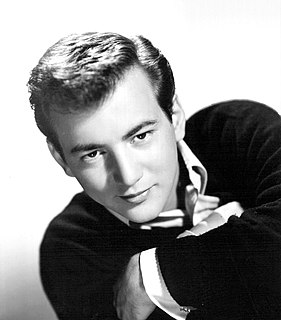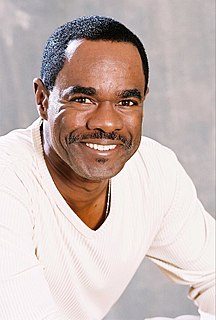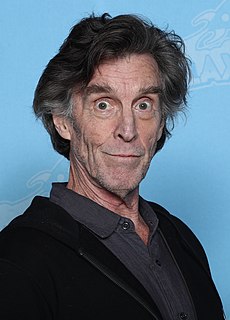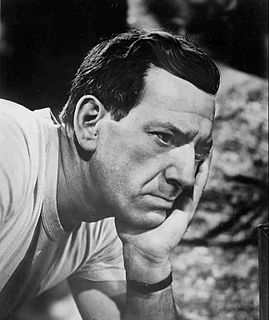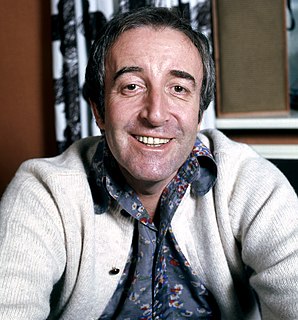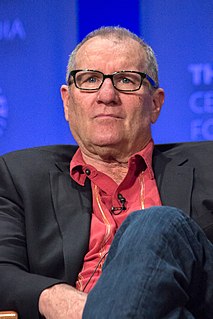A Quote by Henry David Thoreau
Related Quotes
By destroying the peasant economy and driving the peasant from the country to the town, the famine creates a proletariat... Furthermore the famine can and should be a progressive factor not only economically. It will force the peasant to reflect on the bases of the capitalist system, demolish faith in the tsar and tsarism, and consequently in due course make the victory of the revolution easier... Psychologically all this talk about feeding the starving and so on essentially reflects the usual sugary sentimentality of our intelligentsia.
The only tool we have as artists is selectivity. If you're a painter, you select the color, the lines, how severe they should be. As an actor you develop how angry you should be. You select how angry you should be. You listen to the other actor and then you react. In film, sometimes the other actor isn't even there. You have to play the scene. What I do is I call on my experience on the stage. I play the scene and I hope that I reach a certain level of integrity because that's what I learned on the stage.


